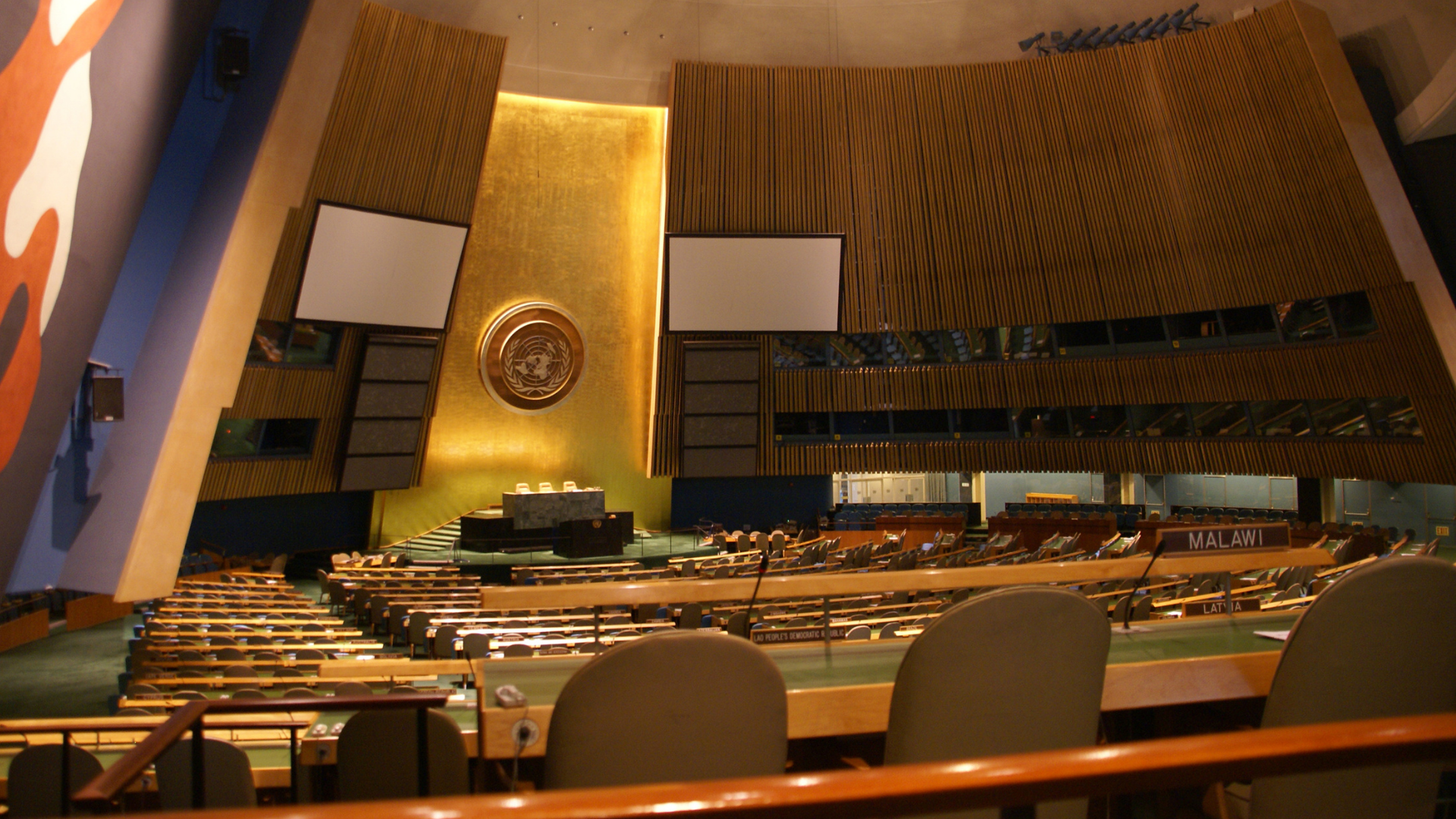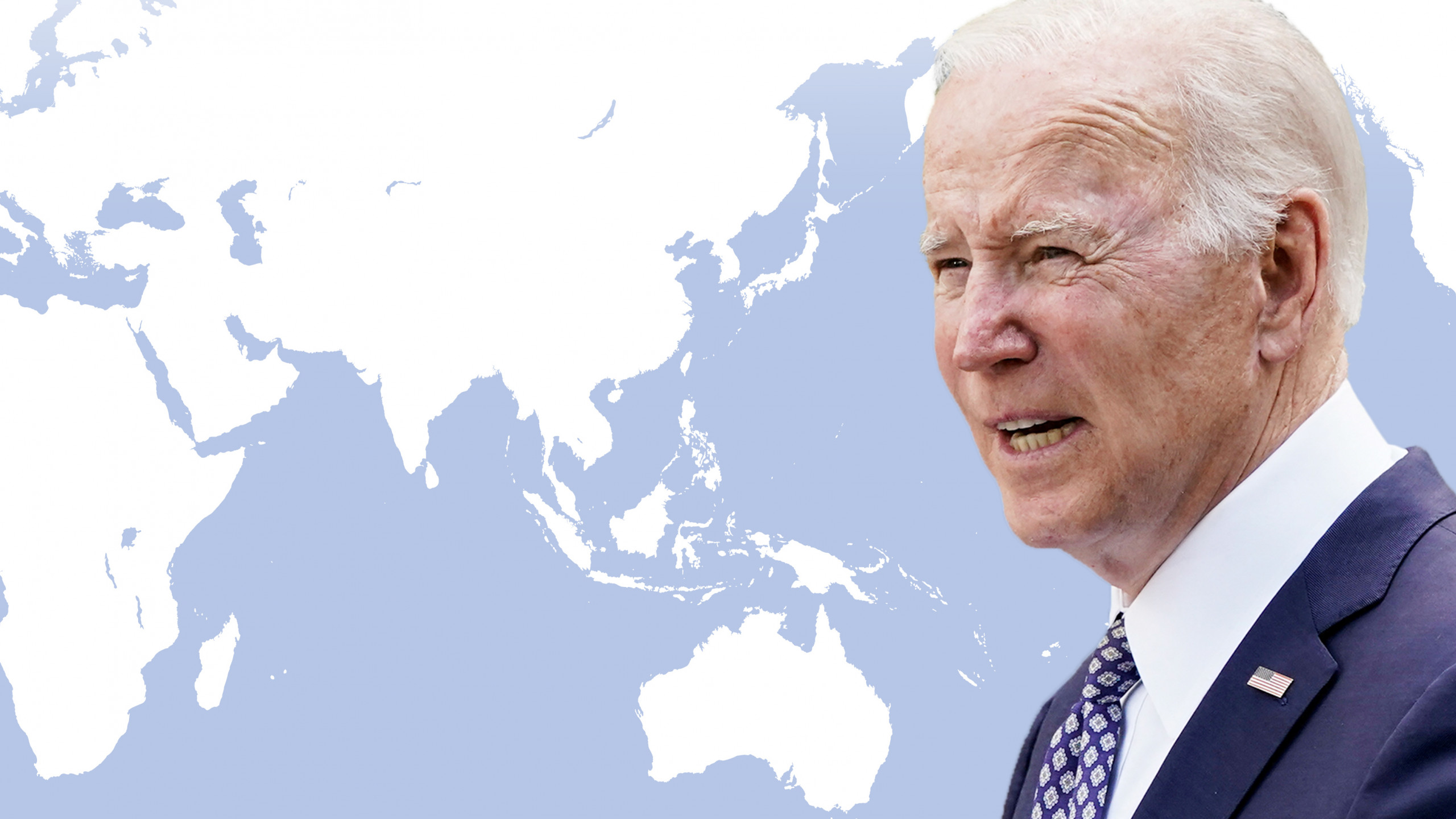By Clara Lomonaco
In recent weeks, the long-awaited annual appointment with the United Nations General Assembly took place. It was an opportunity to take stock of the climate change policies adopted by the ten countries of the Southeast Asian bloc. Here is an overview
In recent weeks, the Glass Palace has hosted the United Nations General Assembly: the highly anticipated annual meeting in which Member States strengthen the continued relevance of the 2030 Agenda for Sustainable Development and to build momentum ahead of major summits and intergovernmental meetings, such as COP26 on climate change, G20 and COP15 on biodiversity.
António Gyterres, the United Nations Secretary General, identified five areas where urgent action is needed to maintain the promise of the SDGs (Sustainable Development Goals): (1) the mobilization of comprehensive vaccination plans, (2) the implementation of sustainable and equitable recovery for all through courageous investments in human development, (3) equal rights for women and girls through investment and representation, (4) the end of the war to the planet and the affirmation of zero emissions by 2050, (5) and multilateral cooperation to put people first in the budgets and recovery plans.
Also this year, one of the hot topics of the international debate was the pandemic from Covid-19. Each State has expressed itself in its own internal situation promoting the concept of “Leaving No One Behind”: a phrase that has now become the motto of the entire international community, the meaning of which refers to the strong will to emerge from the crisis as a united and strong group. The heads of Governments and Ministers present have once again renewed their promise and their commitment in the battle against Covid-19 and in the promotion of vaccination campaigns.
Nevertheless, the virus was not the sole and only protagonist of the General Debate. Climate change is another forthcoming challenge that continues to catalyze global attention and requires urgent and concrete global actions at all levels. In this contest, ASEAN countries expressed their commitment to increase their involvement in the process of adaptation and mitigation of the Paris Agreement, in line with the principle of “common but differentiated responsibilities”.
The world community looks to the United Nations General Assembly to respond to major global concerns. There were different ideas and opinions on the issue of environmental sustainability, but what proposals have been made by ASEAN countries in this regard, and what progress has been made in the implementation of Agenda 2030?
From the outset, the path to achieving the UN Development Agenda 2030 for Sustainable Development has not been easy. There has been steady progress over time, but Covid-19 has undone many hard-won victories. The pandemic amplified inequalities and pre-existing uncertainties; widened the gap between “who has and who has not”; and different degrees of deficiencies in governance and social security have pushed the most vulnerable populations back into poverty.
We are far from reaching Agenda 2030 now than we were before.
Indonesia’s commitment to climate resilience, low-carbon emissions development and green technology is firm and clear. In 2020, Indonesia has reduced forest fires by 82% compared to the previous year and deforestation rates have decreased significantly, reaching the lowest percentage in the last 20 years. However, the process of energy and technology transformation must ensure the (previous mentioned) principle of “Leaving No One Behind”, facilitating the participation of developing countries in the growth of industries and technological production. In 2022, Indonesia will assume the presidency of G20, with the topic “Recover together, recover stronger”, committing itself to work for the benefit of all, from developed countries to developing ones, from the north to the south, from the archipelagos to the small island states of the Pacific.
The People’s Democratic Republic of Lao has highlighted the importance of tackling climate change by complementing the commitment of the Paris Agreement. From 2000 to 2020, Laos’ greenhouse gas emissions were reduced by 34%. By presenting the Nationally Determined Contribution (NDC) on Climate Change to the UN community on the same occasion, the Government of Laos has renewed its commitment to reduce 60% of greenhouse gas emission by 2030.
For Malaysia, the integration of sustainability is the key to ensuring a smooth transition to a greener socio-economic ecosystem. The Malaysian government has set ambitious plans to facilitate the transition to a more sustainable and low-carbon future. New policies focused on the circular economy have been introduced to deliver on the promise of making Malaysia a low-carbon nation by 2050.
The Philippines presented the first Nationally Determined Contribution, promising to achieve the goal of reducing greenhouse gas emissions by 75% by 2030. The Philippines government has called for urgent climate action, especially by those who can really tip the balance needle. Developed countries must meet their long-standing commitment to climate finance, technology transfer and capacity-building investment in developing countries. This is a moral obligation that cannot be avoided. The transition of our world toward a green economy must not be at the expense of the economic viability of developing countries.
For small island nations such as Singapore, climate change remains a clear and present danger and recent extreme weather events remind us that we have no time to waste. Singapore has always been a strong supporter of the Paris Agreement and this year presented the “Singapore Green Plan 2030”: a well-structured action plan outlining a national approach to sustainable development, setting ambitious and concrete targets for the next 10 years in new areas such as green finance and clean energy.
Singapore also stressed the need for urgent multilateral action on the oceans. The oceans support our global ecosystem; they are a repository of biodiversity and a buffer for climate change. They are a critical artery for trade and a source of work and livelihood for billions of people. Singapore is a great supporter of the United Nations Convention on Law of the sea: UNCLOS, a document which forms the basis of ocean governance, establishes rules for maritime rights and provides the general framework for the peaceful resolution of maritime disputes. The 40th anniversary of the adoption of UNCLOS next year is an opportunity to reaffirm our commitment to this vital legal instrument for ocean governance, and to do more to ensure its effective implementation.
Thailand is preparing the National Energy Plan with the aim of achieving carbon neutrality by 2065-2070. At the same time, the government set the objective of increasing the proportion of renewable energy to at least 50% of the total amount of electricity generated. The speech of the Thai delegation urged the developed countries and invited the entire global community to take collective action and ensure constructive and concrete results for the next COP26.
Vietnam looks forward to COP-26, a time of international harvesting in which each Member State must renew its efforts and commitment to reducing greenhouse gas emissions. The Vietnamese government has also stressed the need for increased funding in developing countries, which require more accurate assistance in technology transfer and capacity building to facilitate the transition to a green and circular economy. Only through collaboration and cooperation between the North and the South of the world, will it be possible to reach all 17 of the sustainable development objectives contained in the Agenda 2030.
Whether it is rising sea level or melting Himalayan glaciers, hurricanes, storms, floods or fires, climate change has become an existential threat to humanity. We need a globally supported and ambitious collective response to tackle climate change.
It is now clear to the entire international community that we need to focus world attention on achieving a lasting commitment to the Agenda 2030, that puts climate change at the heart of international efforts. The world cannot allow COP26 to be inconclusive. It is necessary to adapt the SDGs to the new reality of the post-pandemic world. To do this, we need greater and stronger solidarity and cooperation between all types of entities. Advancing the implementation of the Sustainable Development Goals (SDGs) in all areas is a key tool to respond to the challenges the world is facing, and to address the inequalities exacerbated by the COVID-10 pandemic.






